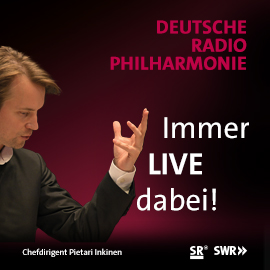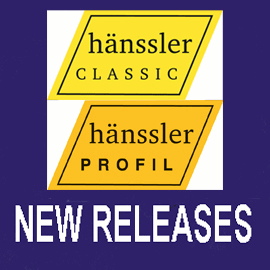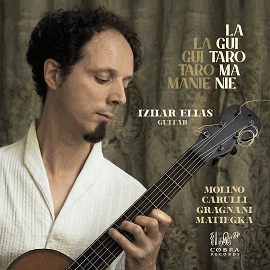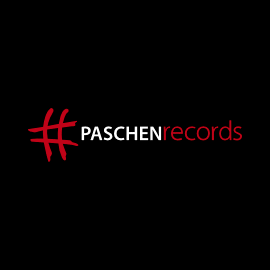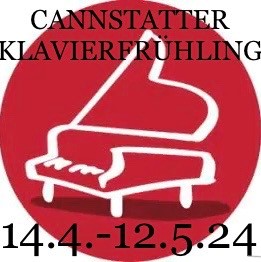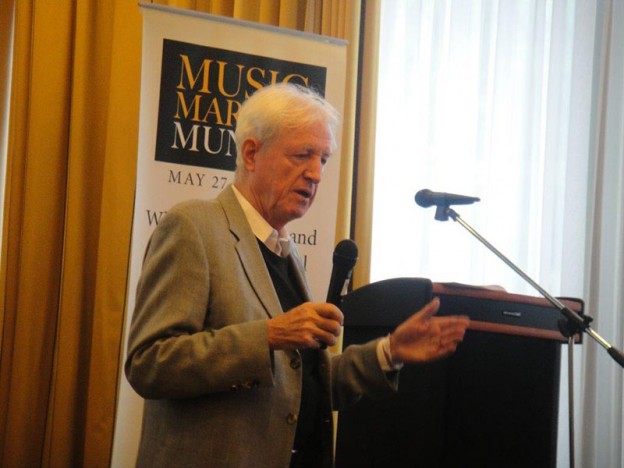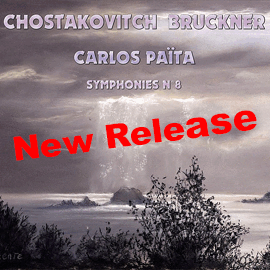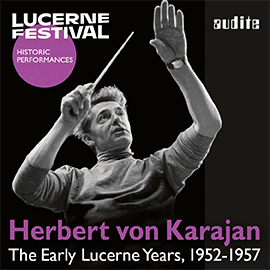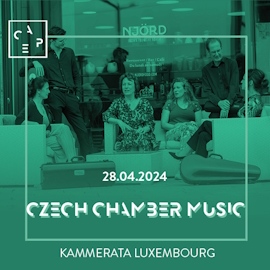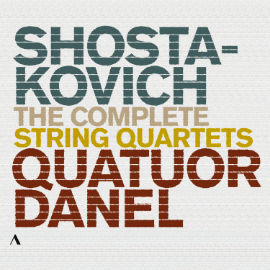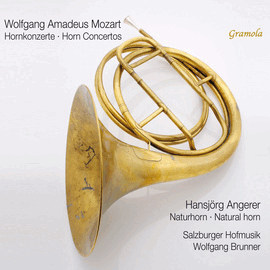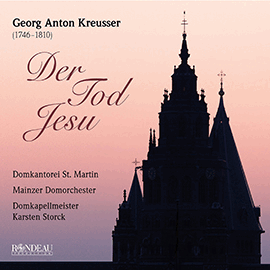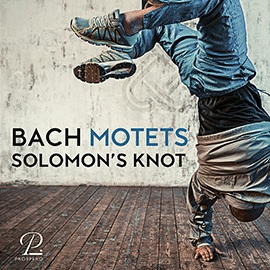Since 1987, when the record label Naxos was founded by Klaus Heymann in Hong Kong, the company has been developed into the Naxos Music Group, a global enterprise that owns, administers and/or distributes a large number of independent record labels. This means that Naxos is able to organize every year their own Music Days in Munich, where currently, from 23 to 25 May, some 170 people from classical music labels meet, discuss, share and plan.
Naxos is not only a catalogue of 9,000 titles, it’s also audiobooks, apps and subscription services, scores (Artaria Editions), books and e-books, Naxos Radio, Naxos Music Library and many other activities.
At no stage the so called majors were not even nearly so active in the field of classical music as Naxos, the real and only major for this genre of music. With fifteen subsidiaries and 40 distributors, Naxos has the world covered when it comes to sell a classical recording.
In the past years Klaus Heymann saved a number of labels from closure, and he created other new labels, so that the list of the labels owned by the Naxos Group reads like this: Altissimo, Amadis, Capriccio, Capriole, Dynamic, Grand Piano, Marco Polo, Middle Kingdom, Ondine, Orfeo, Phoenix, Prophone, Proprius, Swedish Society, SWRmusic, White Cloud and Yellow River, Orfeo and SWRMusic being the most recently acquired labels.
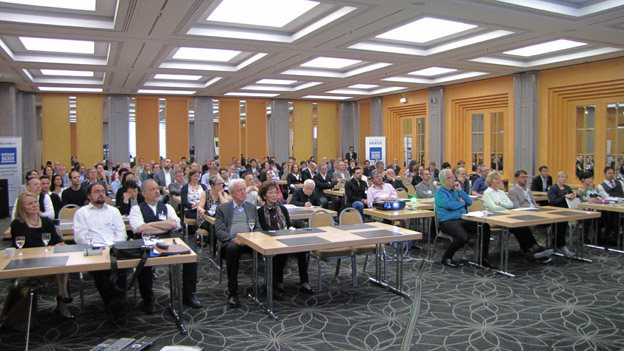 If the Munich Music Market is aimed at giving the participants opportunities for bilateral meetings, the plenary sessions provided a good overview on the international market situation.
If the Munich Music Market is aimed at giving the participants opportunities for bilateral meetings, the plenary sessions provided a good overview on the international market situation.
The outlined general tendency is that, for classical music, streaming is an important part of the market, yet not really good for providing large revenues. Download of music in the Internet is shrinking, however, according to Klaus Heymann, it will not fade away. A good source of revenue is still the physical CD which remains important for classical music. In an overall appreciation, Klaus Heymann said that he is « cautiously optimistic ».
According to what we could learn during various presentations, the markets are still very different. In America for instance, the sales of physical CDs are slightly growing, as are the streaming and the sales of HD digital sales.
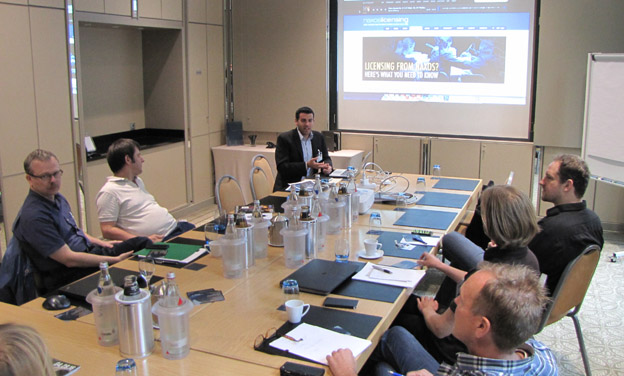 In the UK, sales of physical CD are stable, digital download and classical videos are decreasing, but the classical share in the total market is growing, representing today 3,3%.
In the UK, sales of physical CD are stable, digital download and classical videos are decreasing, but the classical share in the total market is growing, representing today 3,3%.
In Germany, the physical CD totalizes 91% of the classical market, streaming (3%) and download (6%) being really not important.
Matthias Lutzweiler proudly announced that Naxos Germany counted 2149 reviews for the releases of Naxos and the distributed labels, and that reviews are strong translators when it comes to sales. Pizzicato’s Remy Franck acknowledged this with great satisfaction, since Pizzicato alone has contributed with several hundreds of reviews to these statistics.
As expected the representative of Naxos Japan described a very vital market, where 50% of the CDs are still sold in the 225 specialized shops throughout the country. The other 50% come from e-commerce. Naxos Japan totalized revenues of 45% from physical CDs and 55% from non-physical sales.
In Korea, the physical CD is stable and as far as digital is concerned, the market is concentrating on mobile applications.
One of the most important presentations came from Naxos China, since this market is still a bit mysterious and foggy. While the content of a CD has still to pass the governmental censorship, and CDs subsequently have to be manufactured in China, the process of entering this market is complicated, costly and time consuming.
On the other hand, the population seems to focus on piano music with Chinese superstars Yundi and Lang Lang. The representative of Naxos China said that among the Chinese population there is still an insufficient awareness for classical music. And so, until the necessary development will occur, the Chinese market for classical sales remains just kind of a hope for the labels.
One common element to nearly all of the statements was the increasing importance of CD sales after concert performances, especially when combined to a signing by artists.
And a major conclusion, seeing all the representatives of so many labels in Munich is that the classical recording market is extremely busy and vital. Classical music definitely is not dying!



